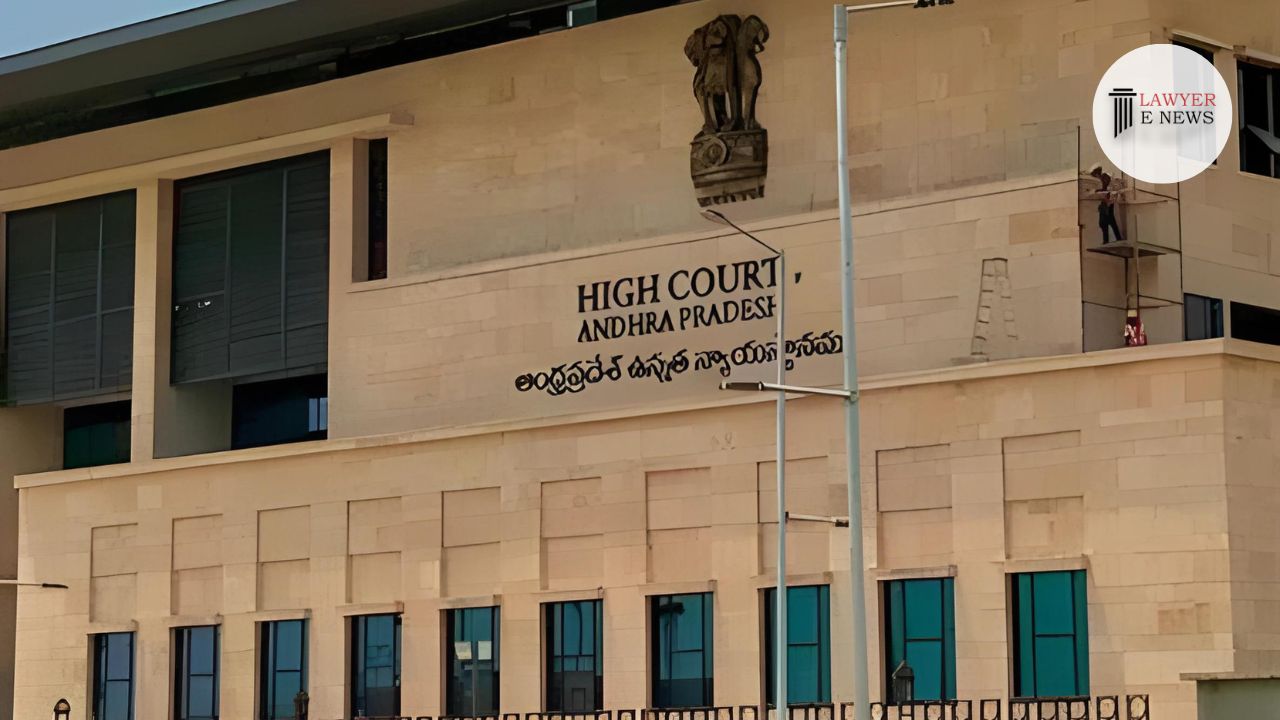-
by sayum
17 February 2026 5:39 AM



In a significant ruling, the Andhra Pradesh High Court upheld the conviction of Chengaipattu @ Nathineni Sreenivasulu under Section 304-B of the Indian Penal Code (IPC) and Section 4 of the Dowry Prohibition Act for the dowry death of his wife. The judgment, pronounced on January 25, 2024, by Justice A.V. Ravindra Babu, reiterates the seriousness of dowry-related offences and the court's commitment to addressing them sternly.
The appellant was convicted for the dowry death of his wife, occurring within seven years of marriage under abnormal circumstances. The court meticulously analyzed the evidence presented, including the testimony of family members and mediators, to establish continuous harassment and cruelty for additional dowry demands.
Justice Ravindra Babu, in his detailed judgment, observed, "The prosecution categorically established the essential ingredients of Section 304-B of IPC. Further, the evidence adduced by the prosecution attracts Section 4 of the Dowry Prohibition Act, which contemplates a demand directly or indirectly from the parents or other relatives or guardian of the bride or bridegroom for dowry." This observation underlines the court's determination in upholding justice in dowry-related cases.
The court noted the presence of ante-mortem injuries on the deceased, indicating physical harassment, and the consumption of poison leading to death, which satisfied the proximity test for 'soon before her death' as required under Section 304-B IPC.
In terms of sentencing, Sreenivasulu was handed rigorous imprisonment for seven years for the offence under Section 304-B IPC and simple imprisonment for one year under Section 4 of the Dowry Prohibition Act, with both sentences to run concurrently.
This judgment serves as a reminder of the judiciary's role in addressing and deterring dowry-related crimes, ensuring justice for victims of such heinous acts. The High Court's decision to dismiss the criminal appeal and uphold the trial court's judgment highlights the seriousness with which the judicial system views dowry deaths, a prevalent social evil in India.
Date of Judgment: 25th January 2024
Chengaipattu @ Nathineni Sreenivasulu VS The State of Andhra Pradesh
